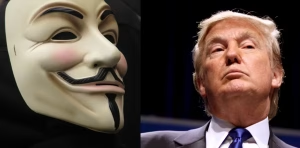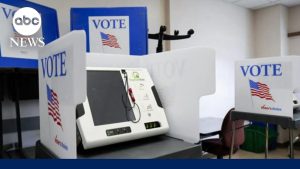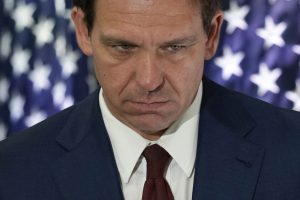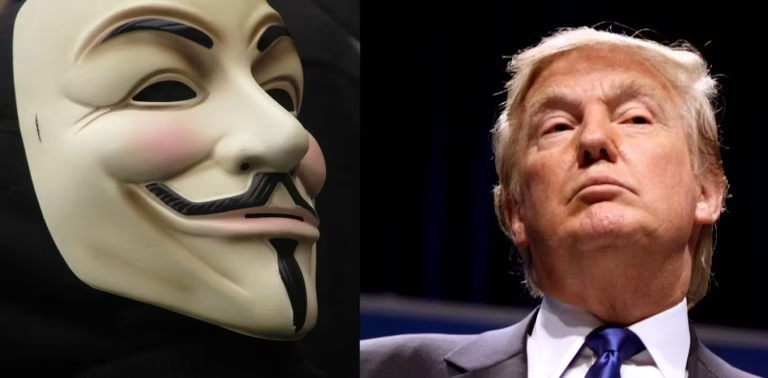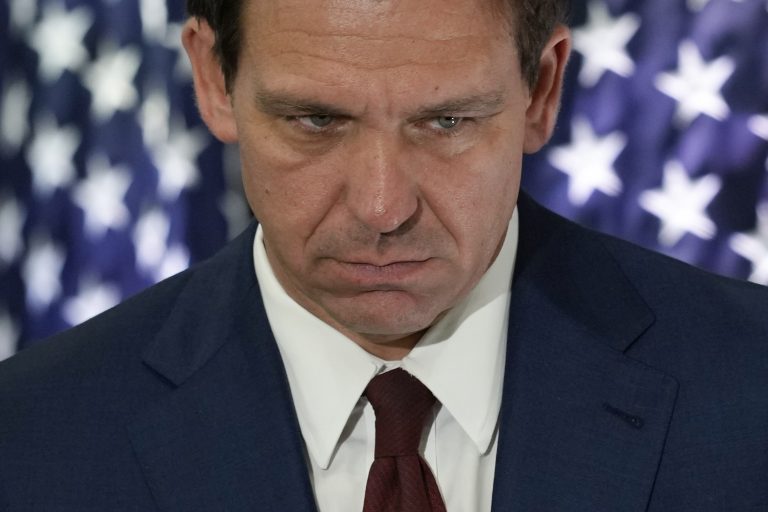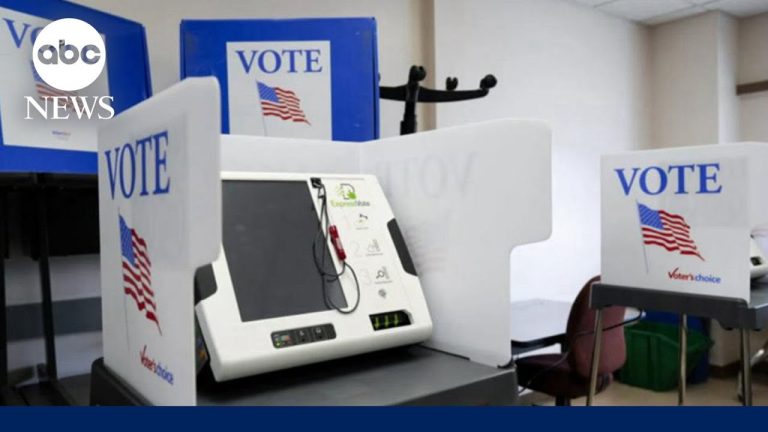March 12, 2011- Requiring voters to present a photo ID at the polls sounds like a good idea – but it is everything we hate about government: a complex and expensive nonsolution to a problem that doesn't exist.
To implement such a law would cost millions each year, would likely disenfranchise tens of thousands of voters – especially women, the elderly and minorities – and would not prevent fraud that it is designed to stop. Now the issue is coming to a head in North Carolina: The House Elections Committee is scheduled to take public comments on photo ID at 2 p.m. Tuesday in Room 643 of the Legislative Office Building in Raleigh.
At issue is not "voter ID" but rather the matter of imposing photo ID restrictions at the polling place. There's no problem, in general, with "voter ID," providing that there are many options for establishing identity, as there are in Alabama and Missouri, where many types of documents suffice.
Currently 18 states require "voter ID," and eight states require "photo ID." These eight states, however, do not have a way to verify the ID. Someone determined to commit voter impersonation could simply use a fake ID. Obtaining fake ID cards is easy enough – kits can be bought cheaply. In reality, the most common and difficult to detect voter fraud happens in absentee balloting. Requiring picture IDs on Election Day does nothing to prevent that.
Legislators who wish to pursue photo ID requirements for voting must ensure that the law provides for free photo IDs and ensures that IDs are reasonably accessible to all eligible voters. The law must include sufficient voter education, outreach programs and poll worker training.
Up to a million voters may lack a state-issued ID. In February, our state Board of Elections cross-checked voter registration and driver's license databases to determine how many current voters might need to obtain a photo ID card to vote. The DMV records were compared with the 6,104,976 voters currently registered to vote in North Carolina.
Gary Bartlett, executive director of the Board of Elections, found that there were 1,005,581 voter records that did not have an exact match with the DMV records or for which there is no known record of a DMV-issued ID.
The Brennan Center for Justice cites three basic principles that must be satisfied to avoid a constitutional challenge of any photo ID law:
♦First, photo IDs sufficient for voting must be available free for all those who do not have them. States cannot limit free IDs to those who swear they are indigent. North Carolina would need to pay the costs of obtaining the supporting documents necessary to obtain photo IDs.
♦Second, photo IDs must be readily accessible to all voters, without undue burden. To make ID easily accessible, our state might have to expand the number of ID-issuing offices and extend their operating hours.
♦Third, states must undertake substantial voter outreach and public education efforts to ensure that voters are apprised of the law's requirements and the procedures for obtaining the IDs they will need to vote.

